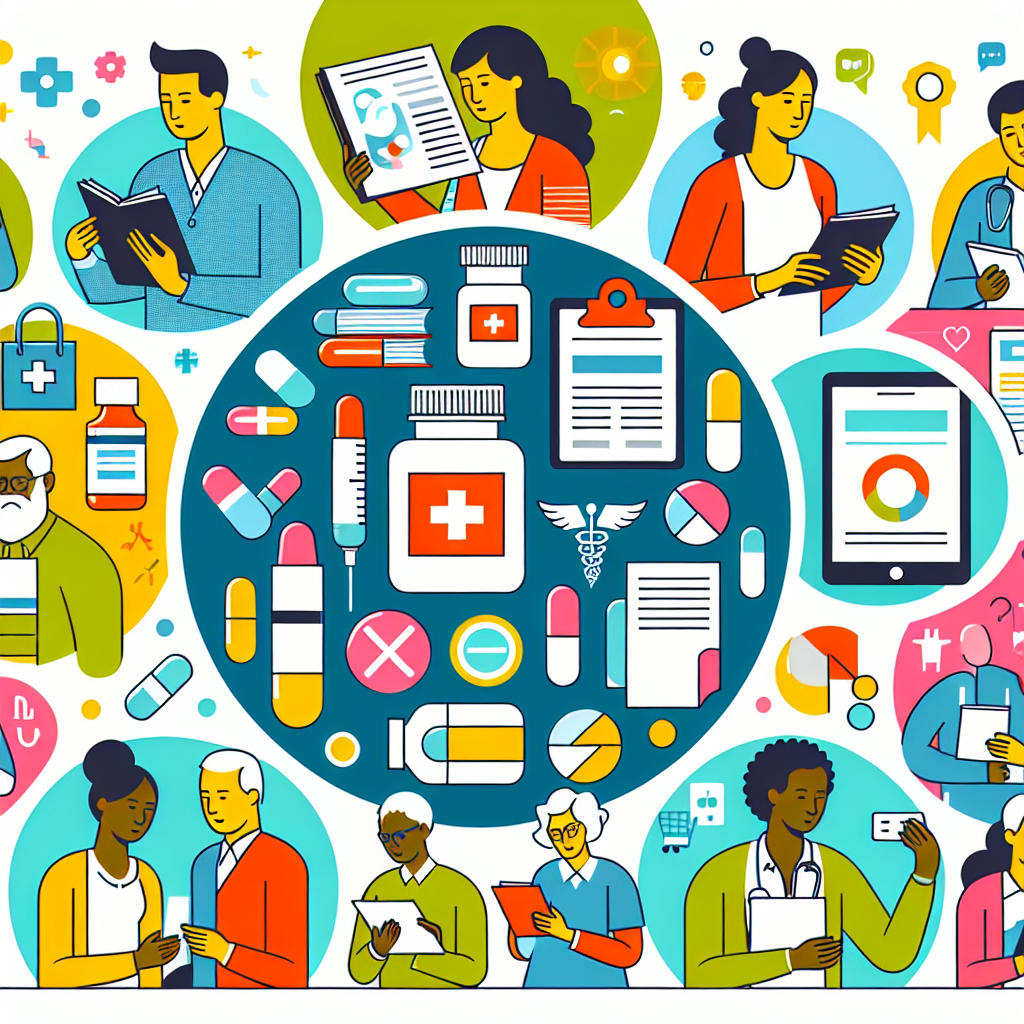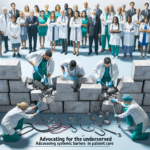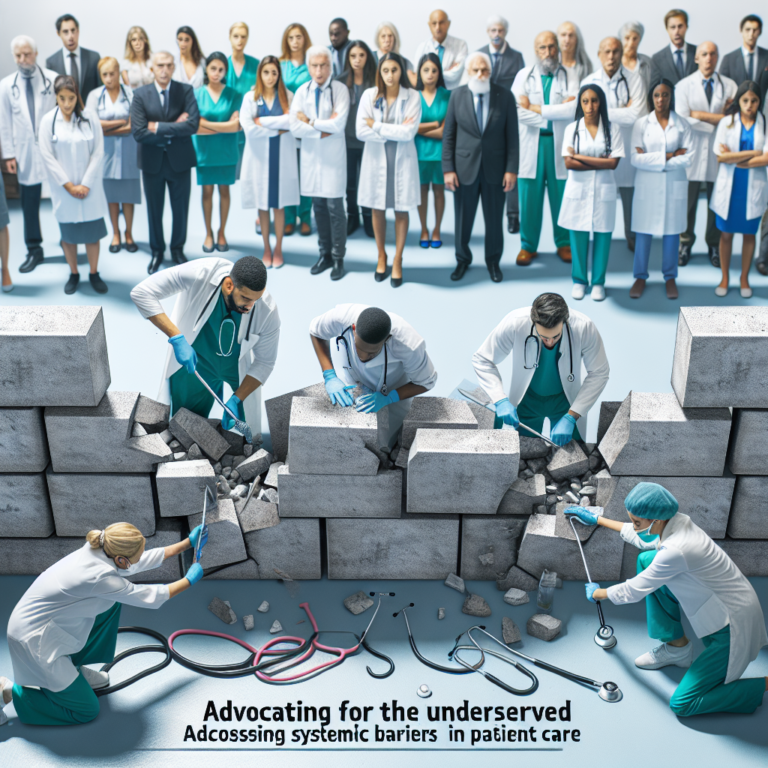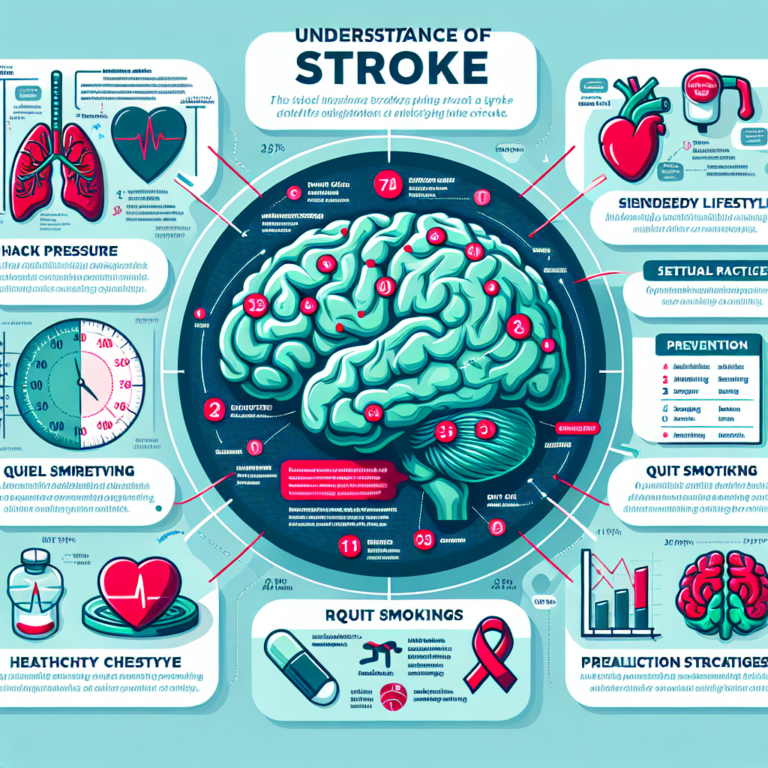
Introduction
Imagine you’re in a doctor’s office, receiving a diagnosis that could change your life. You’re handed a prescription, but as you leave, you can’t shake the uncertainty: Will you remember to take your meds? Will you understand how they work? This scenario is all too common, highlighting a critical challenge in healthcare—empowering patients: the role of education in medication adherence. Adherence to prescribed medications is vital for optimal health outcomes, yet studies indicate that only about 50% of patients with chronic illnesses adhere to their prescribed medications. Why? The answer often lies in a significant gap in patient education. In this article, we’ll delve deep into how education can empower patients, enhance their understanding of medications, and ultimately improve adherence rates.
The Importance of Medication Adherence
Understanding Medication Adherence
Medication adherence refers to a patient’s ability to take medications as prescribed, including timing, dosage, and frequency. When patients adhere to their medication regimen, they not only improve their own health outcomes but also contribute to overall healthcare system efficiency. Non-adherence can lead to exacerbation of chronic conditions, increased hospitalizations, and higher healthcare costs.
The Cost of Non-Adherence
According to the World Health Organization, medication non-adherence leads to an estimated $100 billion in unnecessary healthcare costs in the U.S. alone each year. This alarming statistic underscores the need for effective strategies, particularly the empowering patients: the role of education in medication adherence.
| Effects of Non-Adherence | Statistics |
|---|---|
| Increased hospital admissions | Approximately 10-25% of hospital admissions are due to medication non-adherence. |
| Higher healthcare costs | Non-adherence costs the U.S. $100 billion annually in avoidable healthcare expenses. |
| Potential for worsened health outcomes | Chronic illness exacerbation can increase morbidity and mortality. |
Barriers to Medication Adherence
Complex Treatment Regimens
Many patients face treatment regimens that are complicated and multifaceted. Lack of understanding regarding the purpose of medications or the consequences of skipping doses often hinder adherence.
Health Literacy
A significant portion of the population struggles with health literacy, making it difficult to navigate medical jargon and comprehend prescriptions or health information. This challenge is where education can play a pivotal role.
Emotional and Psychological Factors
Feelings of anxiety, depression, or distrust in the healthcare system can lead to non-adherent behaviors. Educating patients also involves addressing these emotional components, creating an environment of support and understanding.
The Transformative Power of Education
Empowering Patients Through Knowledge
Education equips patients with the information they need to make informed decisions about their medication. By fostering a better understanding of their condition and the purpose of each medication, patients feel more in control and are more likely to adhere to their treatment plans.
Strategies for Effective Education
Tailoring Information: Providing personalized education based on a patient’s literacy level, cultural background, and specific needs creates a more effective learning environment.
Utilizing Technology: Mobile apps, online resources, and telehealth services can offer accessible information and reminders, making it easier for patients to understand and follow their medication regimens.
- Improving Communication: Healthcare providers should encourage open dialogue, inviting questions and addressing concerns to ensure that patients truly understand their medications.
Case Study: The Effect of Educational Interventions
A notable example of the effectiveness of education can be found in a recent study that examined diabetes patients. In this study, patients who received comprehensive educational interventions were 1.5 times more likely to adhere to their medication regimens than those who did not. These interventions included workshops on diabetes management, one-on-one counseling with pharmacists, and the utilization of reminder apps.
Analysis: This case highlights the importance of engaging patients in their healthcare decisions. Providing targeted education leads to better adherence and improved health outcomes.
Creating a Supportive Environment
Involving Family and Caregivers
Educating not just patients but also their family members can create a support network that fosters adherence. Family members who are well-informed can help remind and encourage patients to take their medications.
Community Support Programs
Community-based programs can play an essential role in patient education, particularly in underserved areas. These programs offer workshops, health fairs, and direct access to healthcare providers, emphasizing the empowering patients: the role of education in medication adherence.
The Role of Healthcare Providers
The Responsibilities of Pharmacists
Pharmacists play a crucial role in medication adherence. They can offer counseling, discuss side effects, and ensure that patients understand their prescribed regimens. A pharmacist’s involvement often improves adherence by addressing immediate questions and concerns.
Training Healthcare Professionals
As a part of their training, healthcare professionals should be equipped with out-of-the-box strategies to educate patients effectively. Building this skill set can significantly enhance patient outcomes.
Measuring the Impact of Education on Adherence
Key Metrics for Evaluation
To understand the effectiveness of educational programs, it’s essential to have clear metrics:
- Adherence Rates: Before and after education interventions.
- Patient Knowledge Assessments: Surveys to gauge understanding of medications.
- Health Outcomes: Tracking improvement in health measurements, such as blood pressure or cholesterol levels.
Insights from Data
A study that evaluated pharmacy-led patient education programs found that adherence rates improved by approximately 25% in patients who participated in structured education sessions versus those who did not.
Analysis: These outcomes illustrate the significant impact that focused education can have on medication adherence, emphasizing the critical role of healthcare professionals in facilitating these educational efforts.
Conclusion
Empowering patients through education is not just a strategy; it is a necessity. The insights presented in this article shed light on how critical education is for improving medication adherence. With the right knowledge, patients are better equipped to manage their health, leading to lower healthcare costs, better health outcomes, and improved quality of life.
So, as healthcare providers and advocates, let’s prioritize education. Let’s bridge the gap in communication and create an environment where patients feel empowered to take charge of their health. By doing so, we can transform the conversation around medication adherence from one of despair to one of hope and success.
FAQs: Common Questions About Patient Empowerment and Medication Adherence
1. What is medication adherence, and why is it important?
Medication adherence refers to whether patients follow their prescribed medication regimens. It is crucial for achieving optimal health outcomes, as non-adherence can lead to worsened health conditions and increased healthcare costs.
2. How can education improve medication adherence?
Education provides patients with the knowledge they need about their medications, including how to take them and their potential side effects. This understanding empowers patients to manage their treatments efficiently.
3. What role do healthcare providers have in patient education?
Healthcare providers are responsible for ensuring that patients understand their medications through clear communication, answering questions, and providing resources that help patients make informed decisions.
4. Can technology be used to enhance medication adherence?
Yes, mobile applications, text reminders, and telehealth platforms can assist patients by sending notifications, educational materials, and easy access to healthcare providers.
5. What should patients do if they’re struggling to adhere to their medications?
Patients should communicate openly with their healthcare providers to discuss any challenges they face. Providers can offer personalized strategies, adjustments to the treatment plan, or resources for further education.
In the end, empowering patients through education is the cornerstone of effective healthcare. By taking an active role in patient education, we can ensure a healthier future for everyone.

















